Publications
Articles, publications, books, tools and multimedia features from the U.S. Institute of Peace provide the latest news, analysis, research findings, practitioner guides and reports, all related to the conflict zones and issues that are at the center of the Institute’s work to prevent and reduce violent conflict.
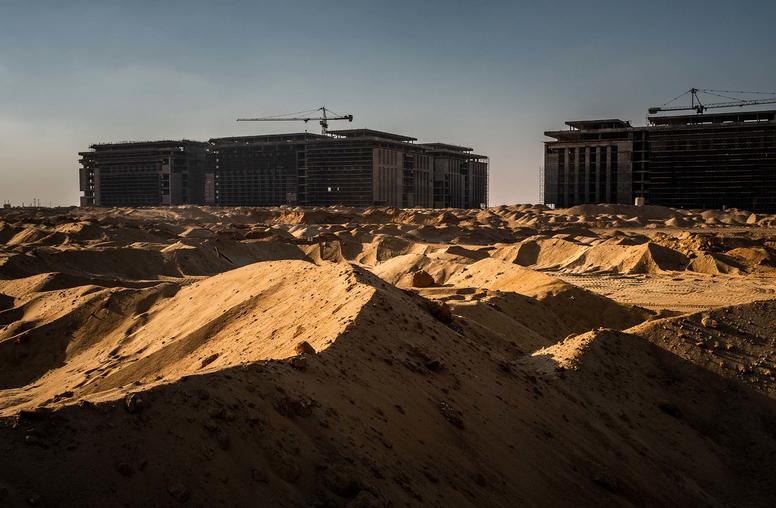
A Global Democratic Renaissance or a More Volatile World?
With a staggering array of immediate crises facing the world — from the COVID pandemic to a global increase in extremist violence — it sometimes feels difficult, perhaps even impossible, to look beyond the current moment and envision what the world will look in the coming decades. However, looming demographic, economic, environmental and technological shifts are already starting to affect the global geopolitical environment — not only worsening our current crises, but inciting new ones should we fail to put in place long-term strategies to address them.
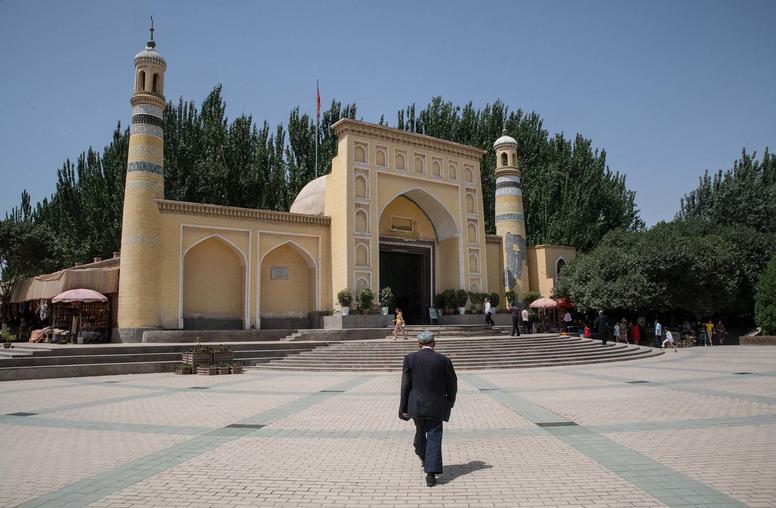
Tribunal Gives Voice to China’s Uyghurs Amid International Gridlock
Over the past week, members of China’s ethnic Uyghur minority have provided moving testimony about their persecution to the Uyghur Tribunal, an unofficial, civil society-led investigation into possible genocide and crimes against humanity committed by Beijing. Although the “people’s tribunal” is not backed by any government and its findings will not be binding on any country, the hearings play an important role in providing recognition to victims’ suffering and in strengthening the legal argument for a U.N. Commission of Inquiry or other international accountability mechanisms. As such, the tribunal serves as an important tool for civil society to move atrocity prevention efforts forward when U.N. or international court action is blocked.
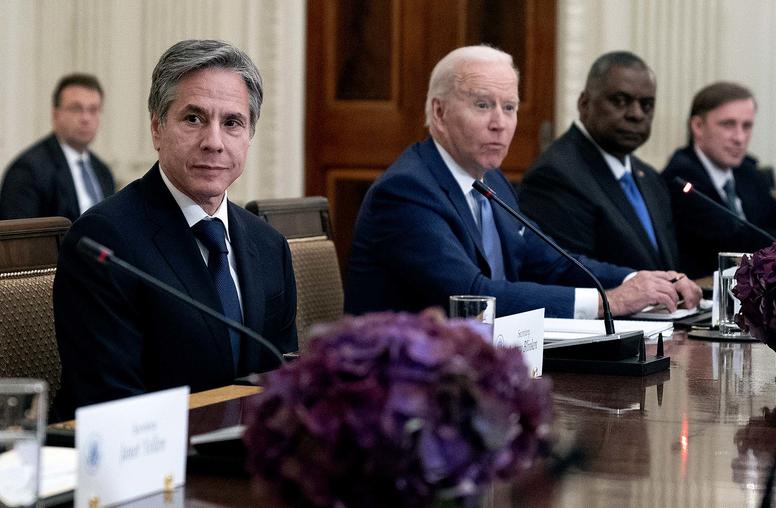
10 Things to Know: Biden’s Approach to the Israeli-Palestinian Conflict
Coming into office, the Biden administration was clear that the Middle East would largely take a backseat in its foreign policy agenda. But recent developments in Jerusalem and the 11-day war on Gaza forced the Israeli-Palestinian conflict back into the forefront of international attention and revealed elements of the administration’s approach to the conflict. U.S. policy on the conflict has long been a point of bipartisan harmony, with more consensus than contention. The Biden administration’s emerging policy largely aligns with past administrations’ policies, with a few notable differences. But can this approach advance peace amid this protracted conflict?
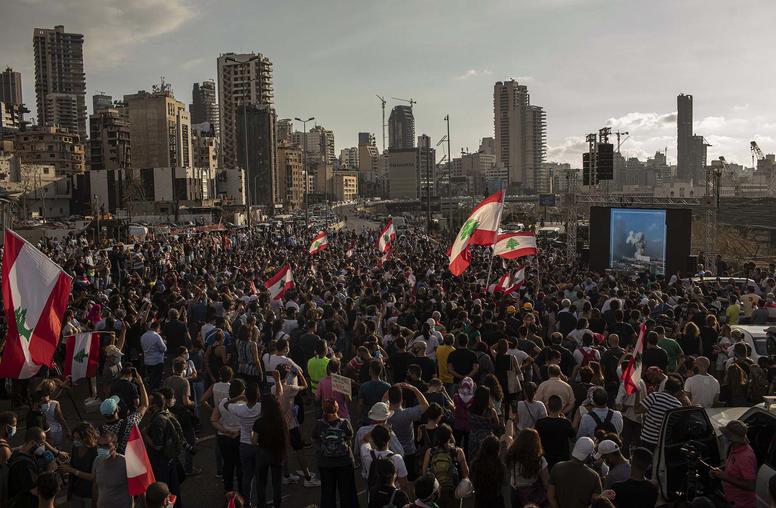
Lebanon on the Brink of Historic Breakdown
Lebanon’s devolving economic and financial crisis could potentially be one of the world’s three worst since 1850, according to a World Bank report released last week. The increasingly dire situation — exacerbated by the COVID pandemic and last year’s Port of Beirut explosion — has likely dragged more than half the population below the poverty line, as unemployment soars and the price of basic goods surges. Already accomplices to this economic collapse due to years of corruption and mismanagement, Lebanon’s leaders have been reviled for their limited response. With Lebanese exasperated with their increasingly desperate situation, there could be widespread social unrest and a major breakdown, which would have important humanitarian and regional security implications.
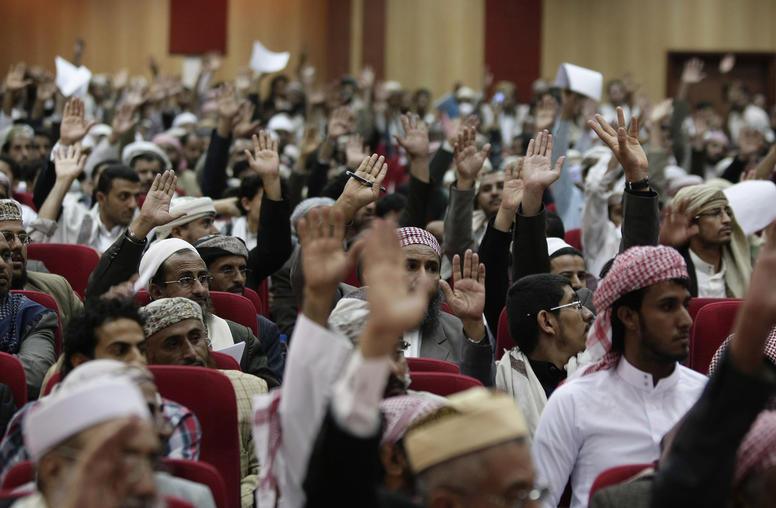
National Dialogues in Peacebuilding and Transitions: Creativity and Adaptive Thinking
At their best, national dialogues hold the promise of adding critical momentum in the drive to transform conflict inclusively. This report examines dialogues in six countries—the Central African Republic, Kenya, Lebanon, Senegal, Tunisia, and Yemen. These diverse processes show the possibilities for fostering dialogue, forging agreements, and driving toward peace; and the report offers extensive guidance on the possibilities and practicalities for those considering convening a national dialogue.
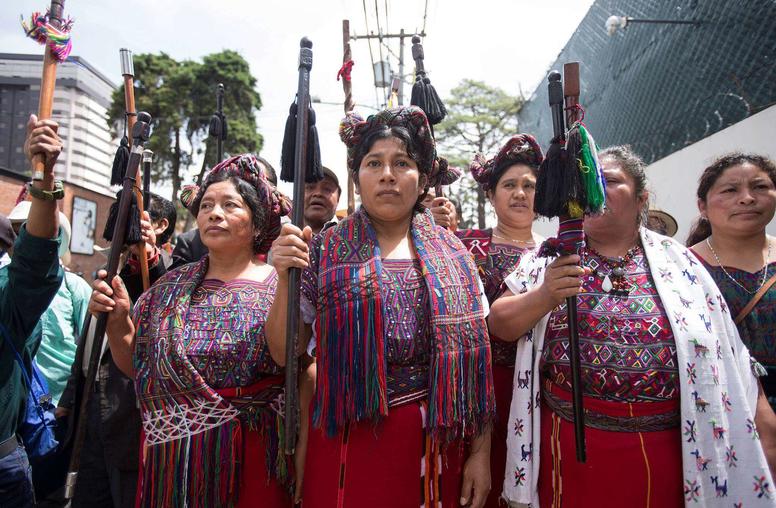
Curbing Corruption after Conflict: Anticorruption Mobilization in Guatemala (Spanish)
Este informe analiza la lucha contra la corrupción en Guatemala llevada a cabo por movimientos sociales en los últimos cinco años, y se hace foco en sus principales éxitos y desafíos al trabajar para avanzar la transparencia, la responsabilidad y la buena gobernanza. Las lecciones aprendidas de los esfuerzos de los movimientos sociales para lograr un cambio positivo en Guatemala pueden aplicarse a otros movimientos del mundo que se encuentran en contextos similares. Las lecciones también tienen mayor relevancia para los actores internacionales que ayudan a los estados a reconstruir la paz y la gobernanza democrática luego de un conflicto violento prolongado.
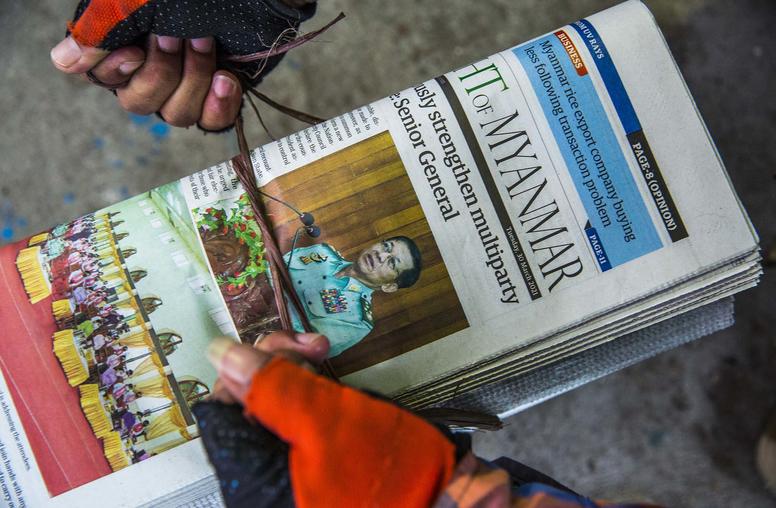
Myanmar: China, the Coup and the Future
In making major deals with Myanmar’s military rulers, China seems to be violating its official guidance for investment abroad: Avoid conflict zones. Although Myanmar is in a state of collapse and widening rebellion, China continues to advance plans for a complex economic corridor in the country with the military unveiling steps to move ahead with big joint-venture projects. The generals’ bid to appear in control of things is obvious. China, on the other hand, seems to have fallen into a trap. Cozying up to the junta puts its investments at immediate and long-term risk and erodes its standing in regional organizations. To protect its interests, Beijing should press the junta to curb its rampant violence against the population and to restore the elected government.

Sarhang Hamasaeed on Iraq’s Progress and Problems
With pivotal elections scheduled for October, USIP’s Sarhang Hamasaeed says Iraqis “want democracy, they’re fighting for it with their lives.” Meanwhile, Iraq is still grappling with simmering discontent among many citizens and the destabilizing role of foreign powers.
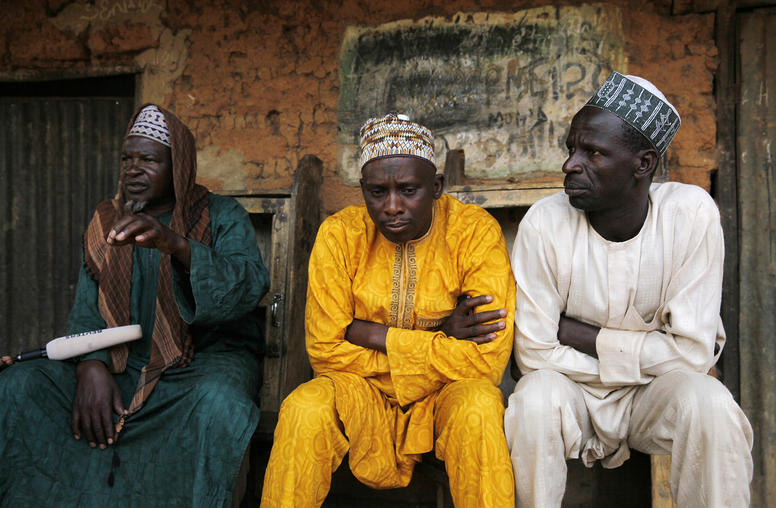
Nigeria’s State Peacebuilding Institutions: Early Success and Continuing Challenges
Three states in Nigeria's conflict-prone Middle Belt—Plateau, Kaduna, and Adamawa—have established peace institutions in recent years. Although the young agencies have made strides toward organizing improved initiatives to quell religious, ethnic, and farmer-herder conflicts in the region, all three face daunting funding and structural challenges. This report provides recommendations for increasing the agencies’ financial stability and organizational independence, helping them build peace in their own states and serve as a model for other states to launch their own peace institutes.
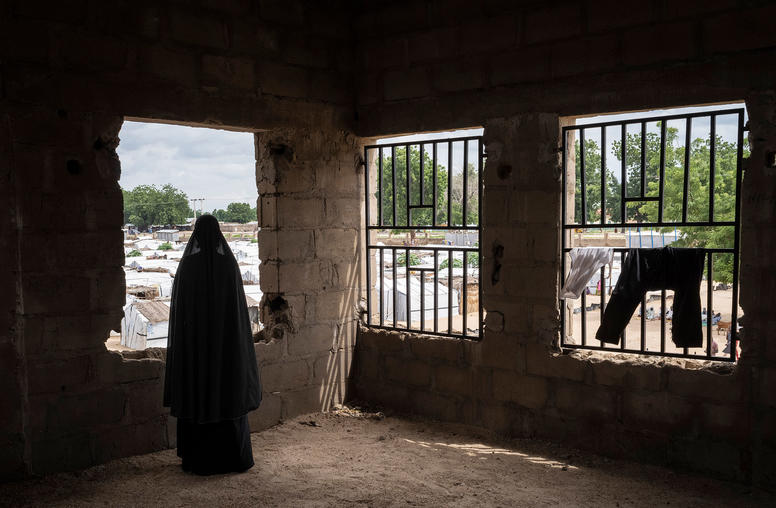
How to calm violent crises? Nigeria has an idea.
If U.S. and international policymakers hope to see Africa stabilize amid the world’s crises of violence, record human displacement and the COVID pandemic, Nigeria must be center stage. This demographic giant, home to one in five sub-Saharan Africans, now faces a perfect storm of violent conflicts that pose an existential challenge. Yet Nigeria also offers its own solutions for stabilization—including a low-cost innovation worthy of international support: peacebuilding agencies operated by governments in three of the country’s 36 states. This timely model offers localized approaches to the roots of violence and is relevant to nations worldwide.